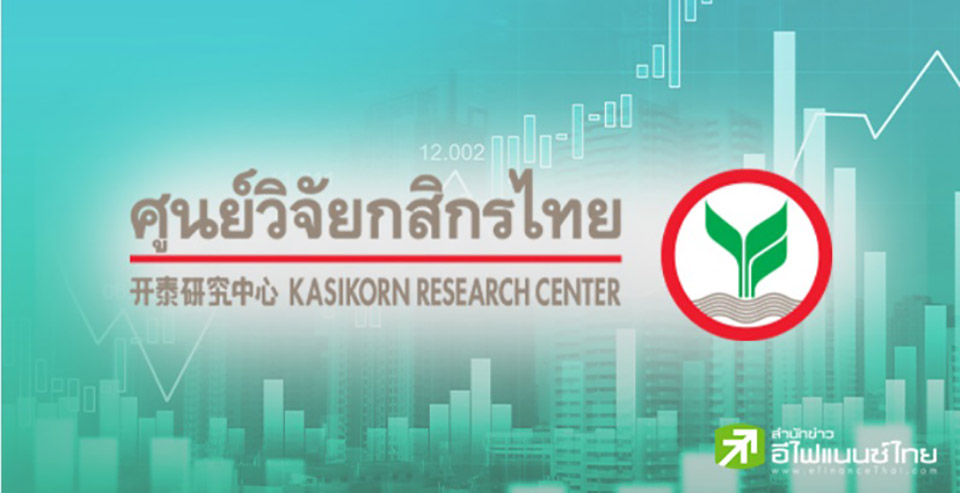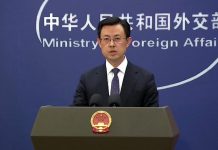
BANGKOK, Thailand – According to the Kasikorn Research Center, Thailand needs to accelerate efforts to develop talent, reduce taxes, and relax restrictive regulations to strengthen its position as a global financial hub.
This recommendation follows Bangkok’s drop to 95th in the Global Financial Centres Index 36 (GFCI) in September 2024, down from 93rd in March 2024. The city remains far behind leading hubs like New York (1st), London (2nd), Hong Kong (3rd), Singapore (4th), and Dubai (16th), which benefit from well-designed tax policies, financial infrastructure, and regulations that facilitate capital movement and fundraising.
A financial hub is defined by a concentration of diverse financial institutions, robust infrastructure, strong international connectivity, and a pool of financial experts supported by favorable laws and technology. These elements enable comprehensive and diverse financial services. While Bangkok has made progress, it still lags behind regional and global leaders due to gaps in these areas.
Thailand’s international strengths include its role in ASEAN trade, where the Thai baht is the second most popular currency after the US dollar for cross-border transactions, particularly with Cambodia, Laos, and Myanmar. Additionally, the country’s financial market has become increasingly internationalized, supported by strong digital and logistics infrastructure, a relatively low cost of living, and a diverse, open culture. Bangkok has also been recognized as one of the world’s most livable cities, ranking 9th globally in 2023 by InterNations and 2nd in 2025 by Time Out magazine for its cultural diversity, cuisine, and quality of life.
These strengths provide a foundation for Thailand’s ambition to expand its role as a financial hub. However, to gain greater international recognition, the country must focus on enhancing workforce skills, attracting foreign talent, reducing taxes, and easing regulatory barriers. The proposed Financial Business Hub Act is a step in this direction, but further collaboration among stakeholders is needed to solidify Thailand’s position on the global financial stage.
Ultimately, Thailand’s journey to becoming a top financial hub is not just about policies and rankings—it’s about creating an environment where people, ideas, and capital can thrive together. By addressing its challenges and building on its unique strengths, Thailand has the potential to transform its financial aspirations into reality. (NNT)










